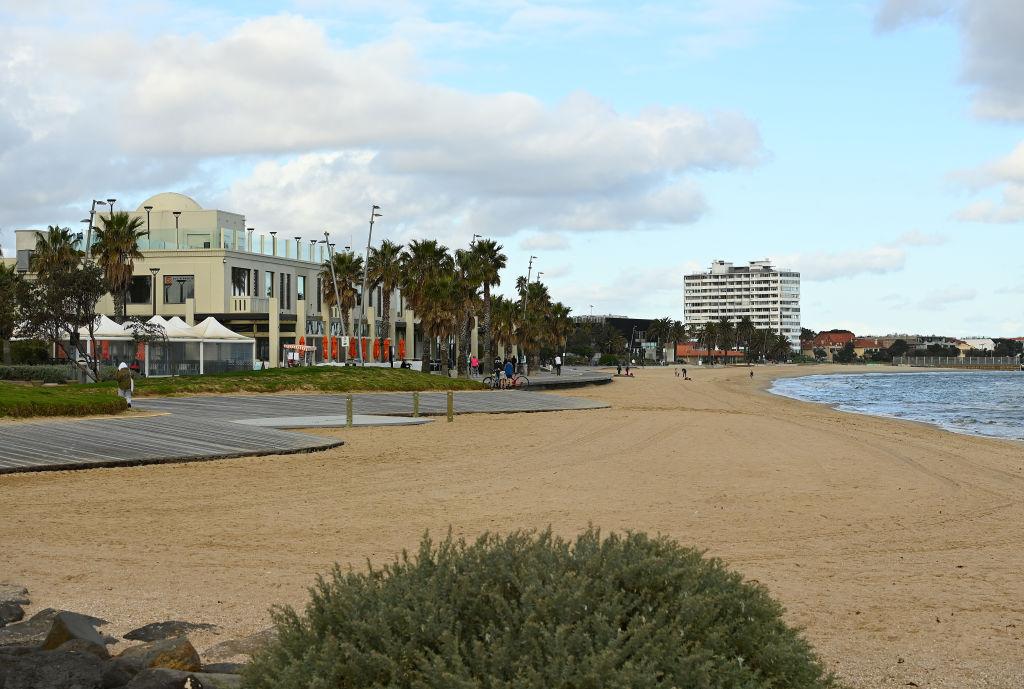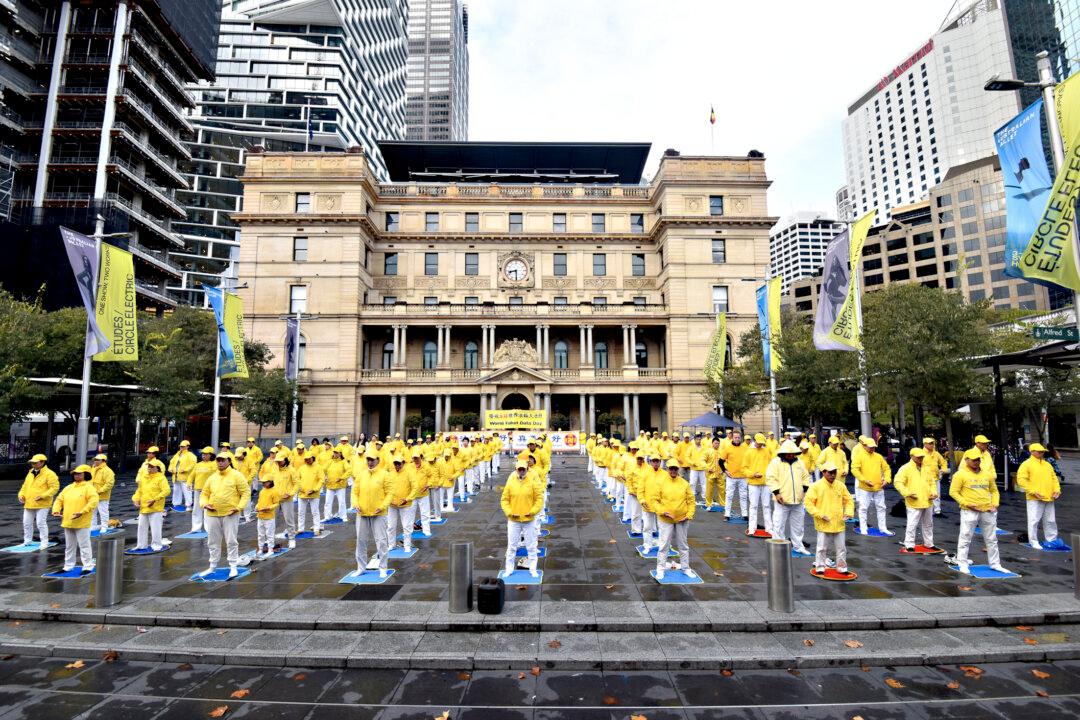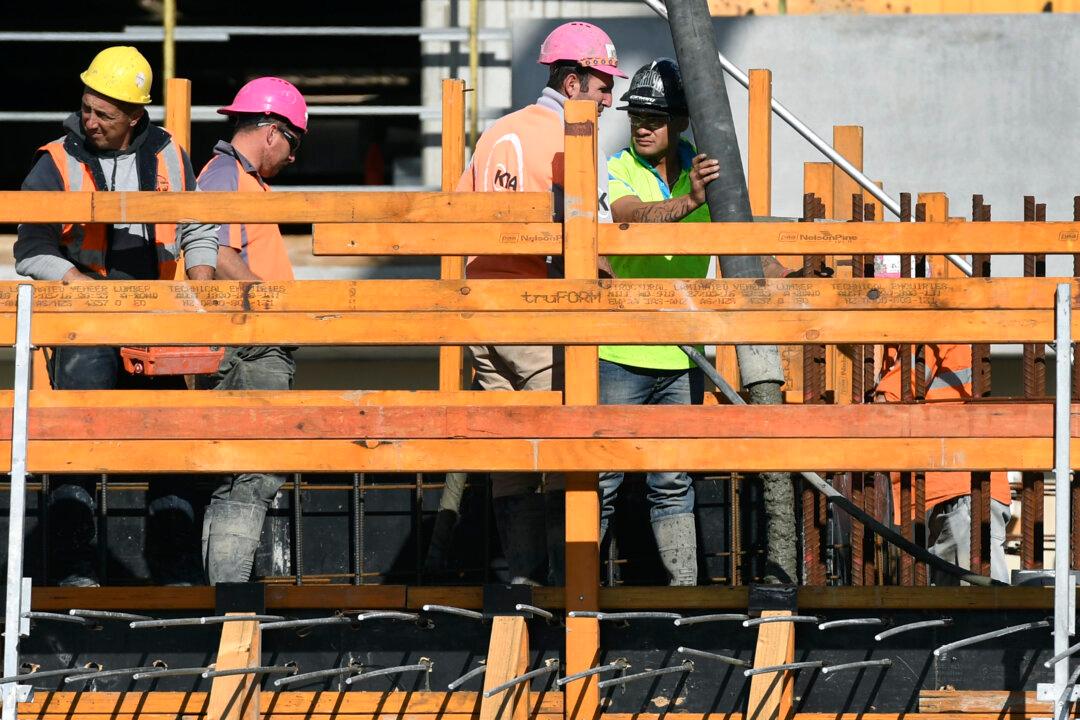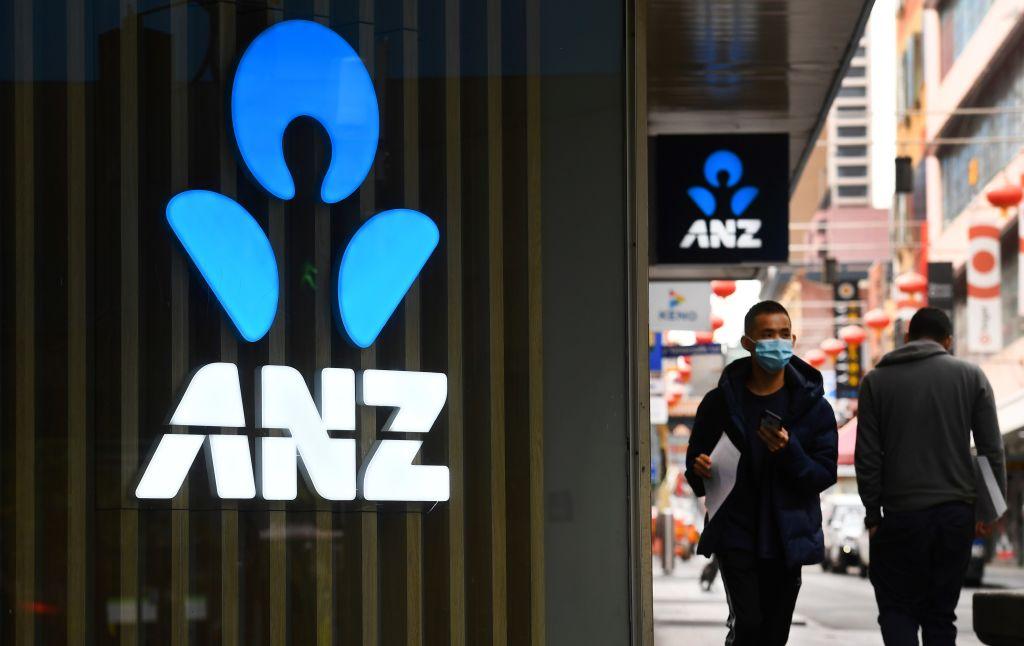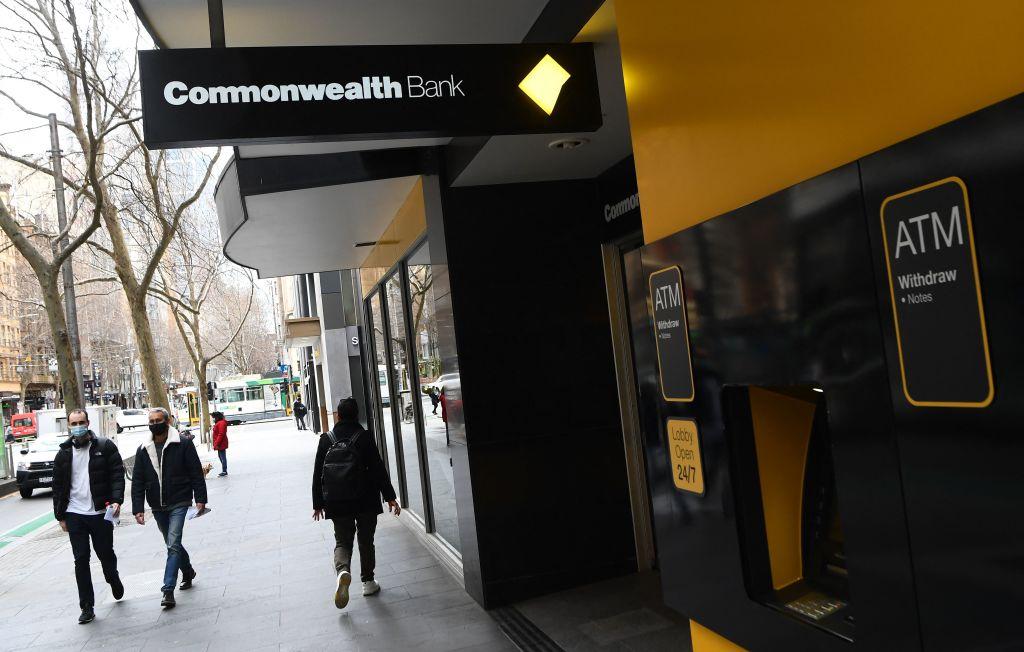According to APRA, Australians have withdrawn $1 billion from their superannuation (super) retirement funds in the first week of the 2020-21 financial year when the second round of the scheme to get early access opened on July 1. Experts have warned that young people will lose tens of thousands of dollars when they retire as a result.
When interviewed by 2GB radio on July 8, Treasurer Josh Frydenberg said it’s the “people’s money” and ABS payroll data showed that over 55 percent of the spending from funds had gone towards discretionary items, like paying rent; and over 30 percent to paying down loans.
